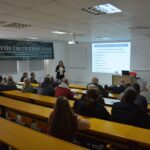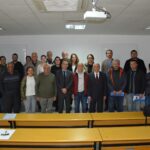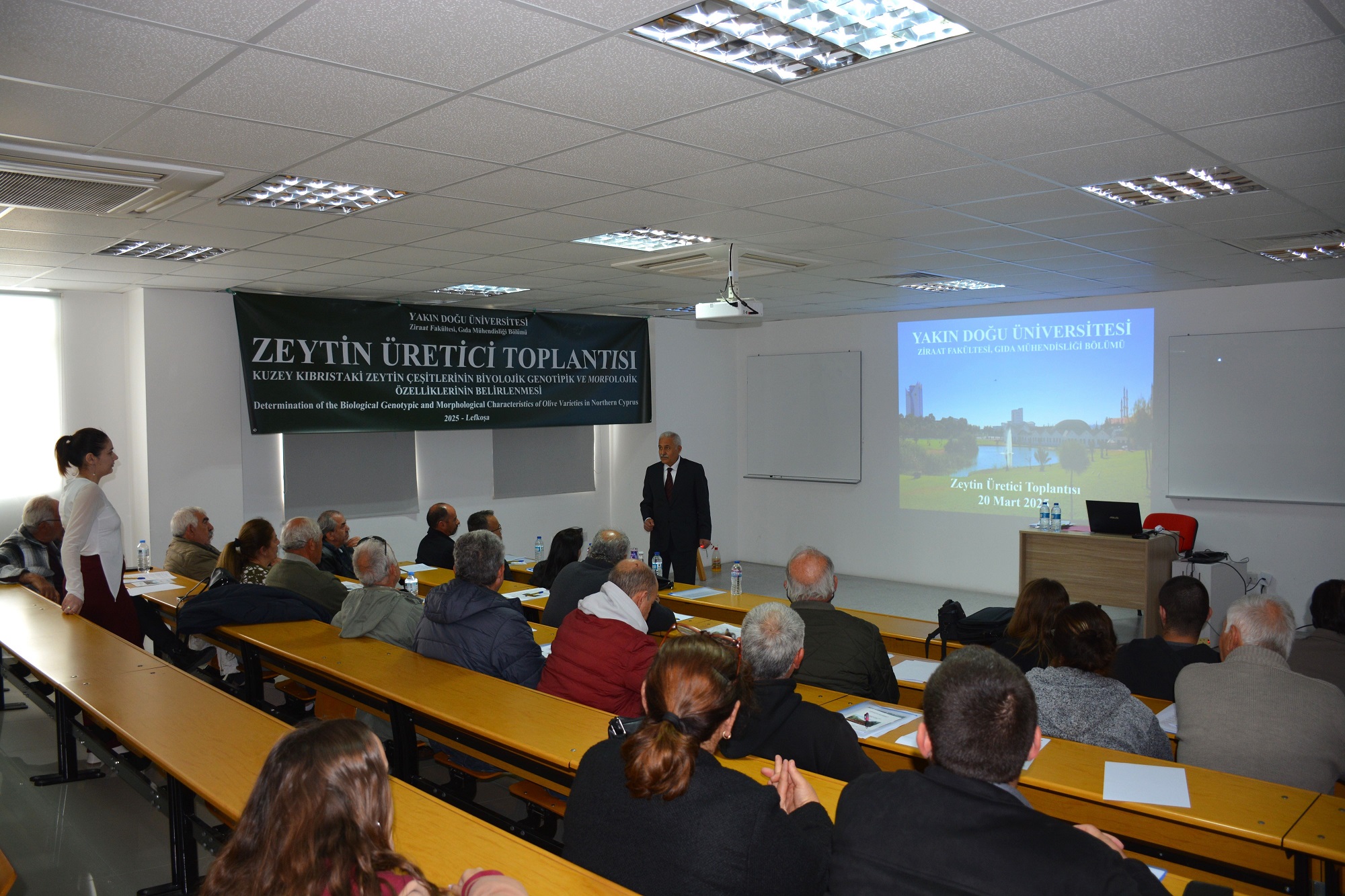
Olive producers came together at Near East University to ‘increase diversity and yield’!
The “Olive Producer Meetings” organized in collaboration with the Near East University Faculty of Agriculture, Food Engineering Department and İrfan Günsel Research Center carried out with intense participation. The event, which brought together many expert olive producers and scientists at Near East University, included; Dean of the Near East University Faculty of Agriculture, Prof. Dr. Özge Özden, President of the TRNC Chamber of Agricultural Engineers (ZMO), Erkut Uluçam, Director of the Agricultural Research Institute of the Ministry of Agriculture and Natural Resources, Cem Karaca and many students.
The opening speech was given by Prof. Dr. Özge Özden, President of the Adana Olive Production and Marketing Cooperative, Dr. Mehmet Güler, and Near East University Faculty of Agriculture, Food Engineering Department, Assoc. Prof. Dr. Şebnem Güler. The event, which aimed to increase individual and sectoral awareness on olive diversity, fertilization biology and productivity enhancement techniques, addressed the genetic, biological, physiological and morphological characteristics of olive varieties in Northern Cyprus.
The event, enriched with scientific presentations, included analyses on the determination of productive olive varieties, pollinator selection and adaptation abilities of olive trees. The event focused particularly on topics such as fertilization, pollinator selection, productivity enhancement methods and maintenance practices. In addition to scientific information, participants also gained comprehensive information on current olive production techniques and practical solutions.
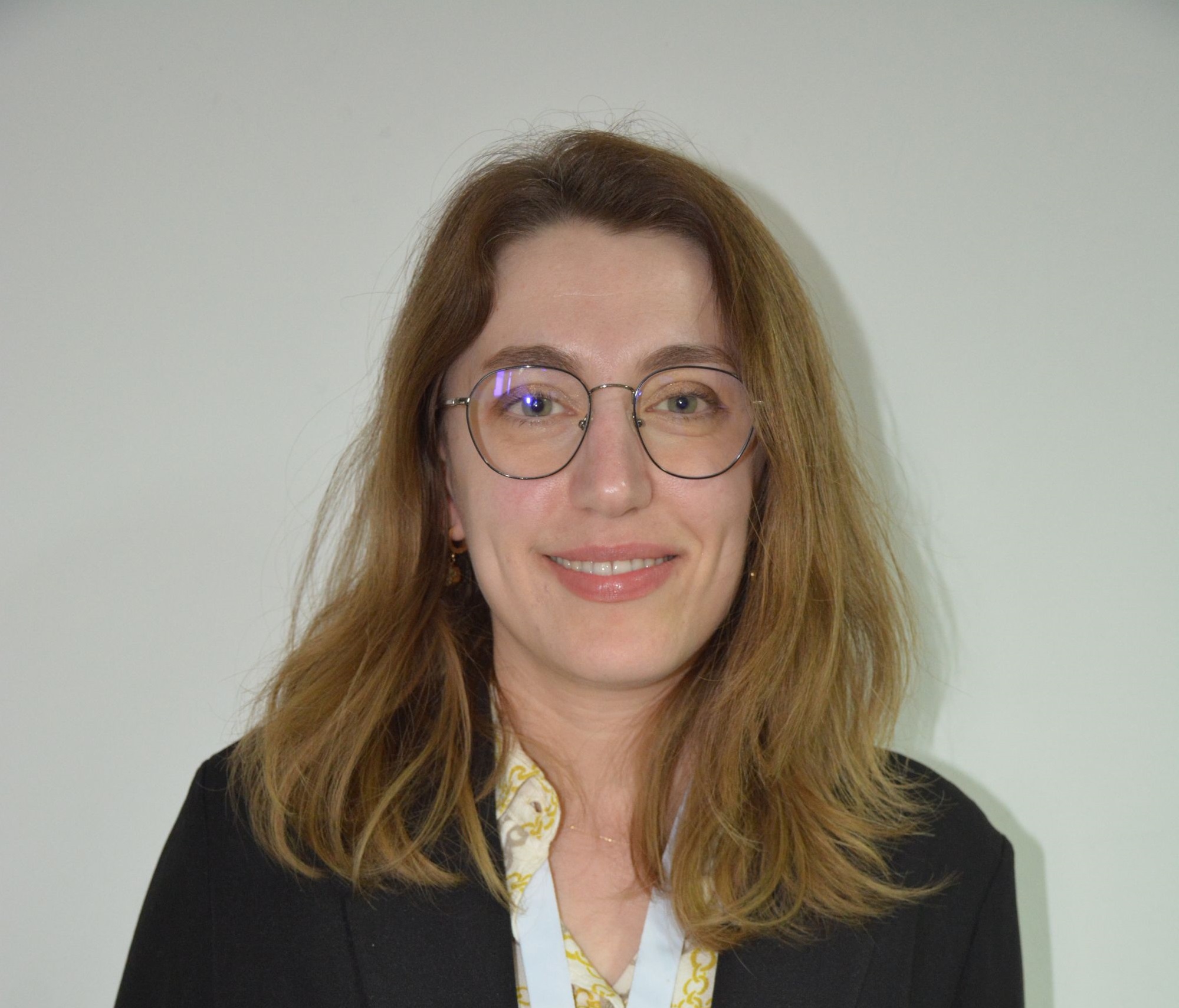
Assoc. Prof. Dr. Şebnem Güler: “Quality and yield can be increased by making the right choice!”
Assoc. Prof. Dr. Şebnem Güler, who made a presentation on the morphological, physiological and genetic characteristics of olive varieties, said, “The morphological, physiological and genetic characteristics of olive varieties are of great importance in terms of productivity and adaptation.” Noting that in addition to morphological characteristics of olive trees such as leaves, flowers, fruits and seeds, physiological characteristics such as drought resistance, early or late ripening also affect the production process, Assoc. Prof. Dr. Şebnem Güler emphasized that genetic analyses play a critical role in identifying varieties, determining their resistance to diseases and evaluating their regional adaptations. Stating that “quality and yield can be increased by choosing the right variety,” Assoc. Prof. Dr. Şebnem Güler stated that the local olive variety that has been grown in Northern Cyprus for many years was registered as “Ada Yerlisi-Island Native” in 2024. Stating that there are approximately 600 thousand olive trees in the island, Assoc. Prof. Dr. Güler conveyed that these are most densely located in İskele, Kyrenia and Famagusta. She also emphasized that there are 11 thousand decares of planted olive area, 2,200 producers, 17 olive oil factories and 5 pickled olive facilities in Northern Cyprus. Expressing that scientific analyses conducted according to the International Olive Council (IOC) criteria are of great importance in terms of determining agricultural policies and production strategies, Assoc. Prof. Dr. Güler noted that an average of 15 thousand tons of olives, 2 thousand tons of olive oil and 500 tons of pickled olives are produced annually in Northern Cyprus.
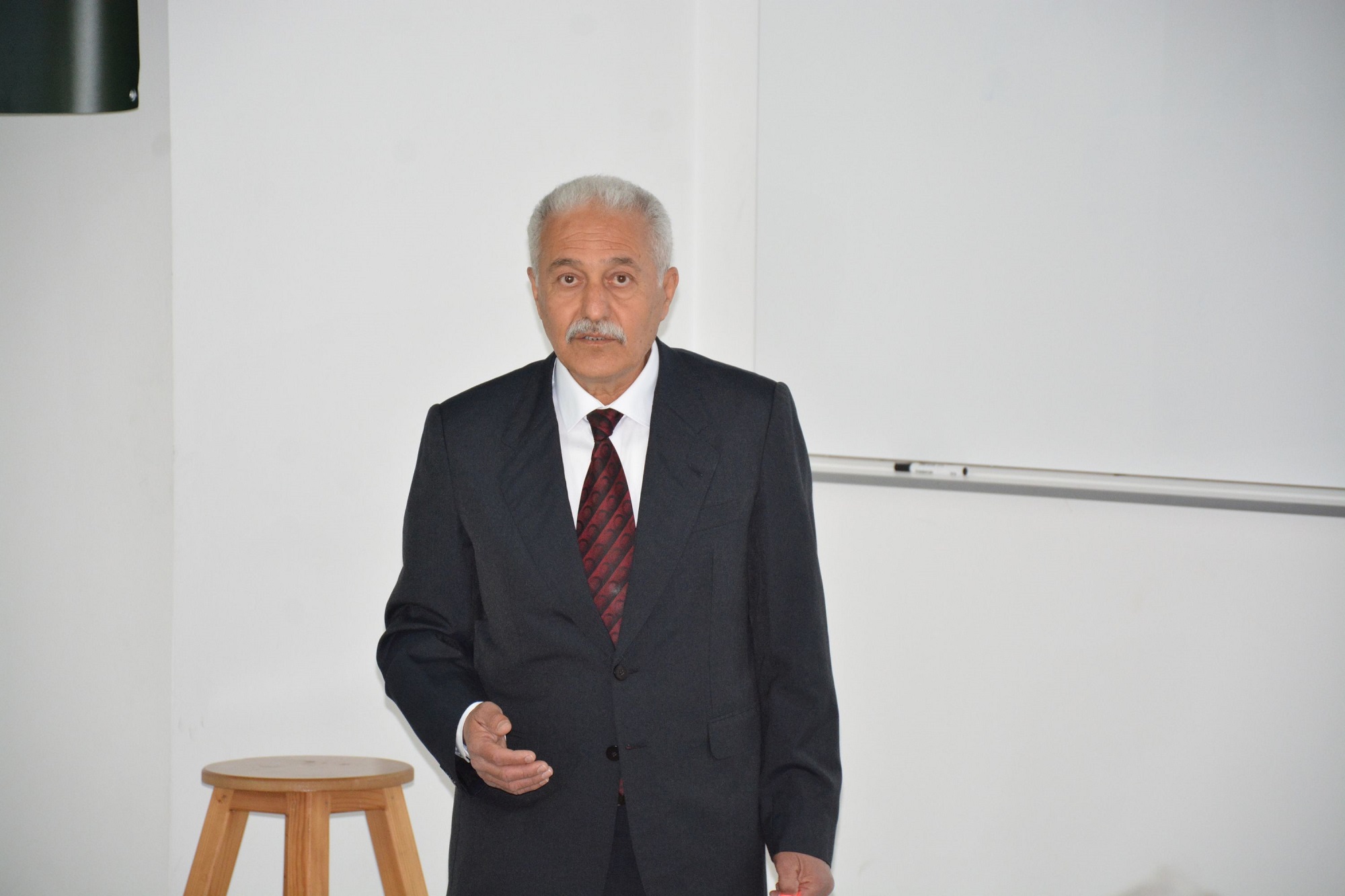
Dr. Mehmet Güler: “The way to increase production is through correct fertilization techniques!”
Focusing on fertilization methods and plant nutrient deficiencies in olive farming in his presentation, Dr. Mehmet Güler emphasized the importance of fertilization by touching on the appropriate growing conditions of olive trees. Dr. Güler stated that the amount of organic matter in the soil is increased and the productivity of olive trees is also increased with the “Green Fertilizer” technique. Emphasizing that the pH balance of the soil should be maintained during the fertilization process and the importance of careful sulfur application, Dr. Güler stated that fertilizers should be applied to a depth of 15-20 cm, parallel to the crown projection, and underlined that the soil should be processed immediately after fertilization. Dr. Güler, who stated that nitrogen deficiency causes yellowing of leaves, weak shoots and flower drop, while phosphorus deficiency causes purple coloring of leaf tips, weak roots and delayed fruit ripening, said, “Potassium, calcium, magnesium, manganese, zinc, boron and iron deficiencies also cause various growth and yield problems in olive trees. Quality and yield can be increased in olive production with correct fertilization techniques. The way to increase production is through correct fertilization techniques.” Dr. Güler concluded his presentation with the words; “I wish you never lack olives and olive oil on your table.”
Prof. Dr. Özge Özden: “We offer olive oil quality analysis services at EU standards.”
In her speech at the opening of the workshop, Prof. Dr. Özge Özden stated that olive and olive oil production has a strategic importance for our country and drew attention to the need to increase scientific studies in this field. Stating that olive, olive oil, beekeeping and honey production are among the important research areas of the faculty, Prof. Dr. Özden conveyed the faculty’s contributions in this field by saying “Within the AGRI-VET Research and Application Laboratory, we offer olive oil quality analysis services at EU standards to regional producers.” Stating that the joint studies carried out with the Seville La Grasa Institute in Spain, Çukurova University and İzmir Bornova Research Institute have greatly contributed to the efforts to increase the efficiency of beekeeping and honey products, Prof. Dr. Özden said, “Our collaboration with the Naples Sustainable Plant Protection Institute in Italy was also an important step in this field.”
